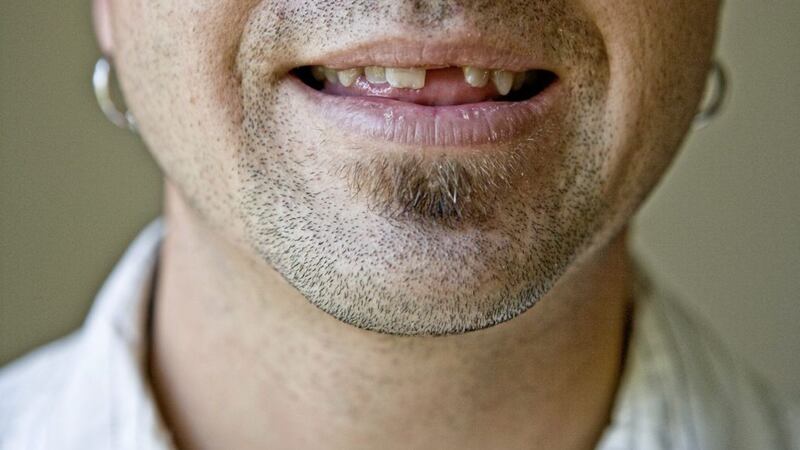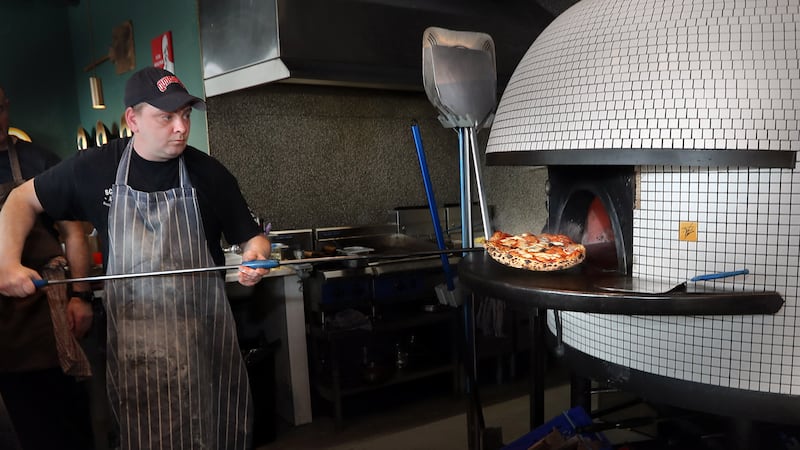WHEN I first started dental school, I used to think that one day I would be able to pick up the phone and order Mrs McAtamney's lower left molar, which could then be implanted into her jawbone by some super slick procedure.
I considered this target highly problematic as, even after overcoming the stumbling blocks of actually growing a real tooth in the lab, just how the heck would you wire up the tiny blood vessels and nerves of a tooth into the jawbone? It seemed like the equivalent of rowing the Atlantic in a liquorice boat with polystyrene teaspoon paddles.
Well, dental scientists are now halfway across the Atlantic and cruising calmly in a resplendent yacht, having just made a significant breakthrough edging us one step closer to being able to regenerate missing teeth in humans.
Scientists at Kyoto University Graduate School of Medicine in Japan have discovered an antibody drug that allows a tooth to form within the jawbone of a mouse where a tooth would not normally have grown.
At the very beginning of the life of a tooth, a tiny tooth bud forms in the jawbone and then goes on to develop into a tooth. Some people are born without all their tooth buds present – this is known as 'tooth agenesis' and means that some adults have gaps between their teeth or, in severe cases, sometimes no teeth at all.
Having all your teeth is important not only to the appearance of a smile but crucially for keeping all teeth in their correct positions. This helps teeth function optimally when we chew and allows comfort in our facial muscles and jaw joints.
Between two and seven per cent of the population are born with missing teeth. The Japanese research could potentially help these people with congenitally missing teeth by using a single injection of drug therapy to stimulate the formation of their missing teeth.
This type of antibody therapy is a different approach to traditional tissue engineering techniques which scientists have not been able to implement for humans due to high costs and safety factors.
The tooth regeneration race is well and truly on to turn these discoveries into real treatments for patients.








